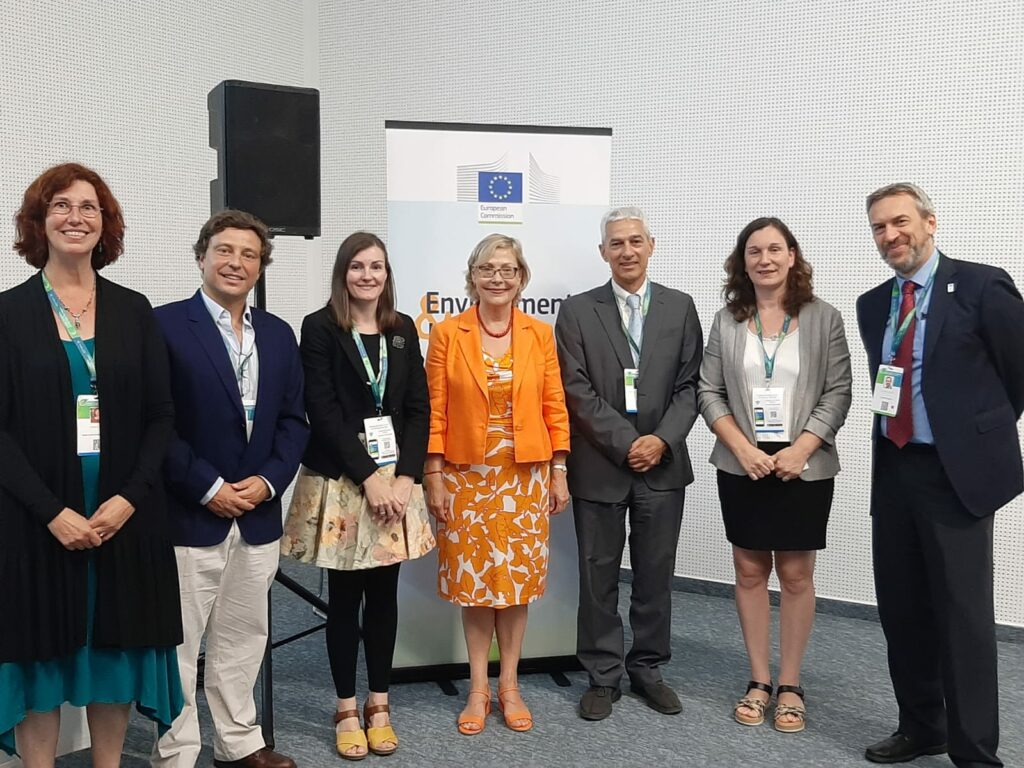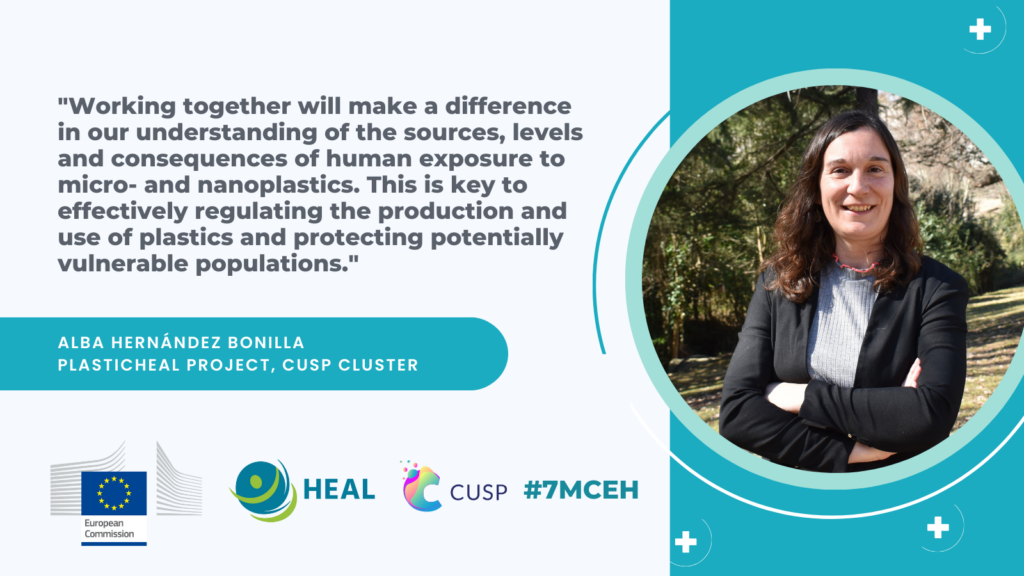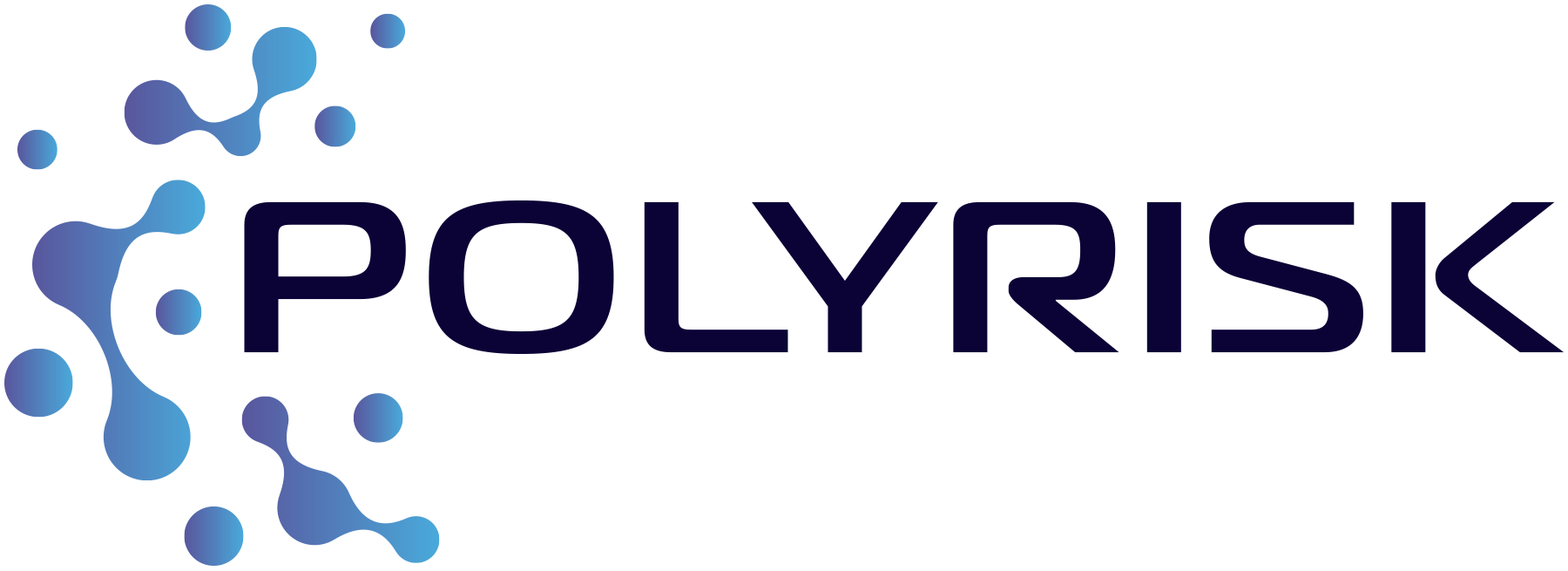Countries across Europe committed to take urgent action to stop millions of preventable deaths every year linked to climate change and pollution during the 7th Ministerial Conference on Environment and Health, organised by the World Health Organization (WHO) Regional Office for Europe during 5-7 July in Budapest, Hungary. POLYRISK and PLASTICHEAL, partners in the CUSP cluster, participated in the event to highlight the various ways research into micro- and nanoplastics (MNPs) can benefit future policy action to end pollution and protect health.
Each year, across the 53-country WHO European region, an estimated 1.4 million deaths are linked to environmental risk factors, including environmental pollution. Countries meeting at the 7th WHO Ministerial Conference on Environment and Health adopted a declaration with a specific set of actions to better prepare health systems to reduce the health effects of pollution and integrate nature and biodiversity considerations into environment and health policies, which means taking a holistic approach to human and planetary health.
Throughout the conference, partners of the CUSP cluster highlighted the important contributions of EU research initiatives to the EU’s efforts to combat pollution and safeguard public health. Experts from the European Commission’s Directorate-General (DG) for the Environment, the European Environment Agency (EEA) and researchers from the Urban Health Cluster, the European Cluster on Health Impacts of Micro- and Nanoplastics (CUSP), the Green Deal Health Cluster and the Indoor Air Quality (IDEAL) Cluster came together for a special parallel session organised by the Commission’s DG Research and Innovation and the Health and Environment Alliance (HEAL).

Speakers and panelists discussed the different ways EU-funded research initiatives are helping to tackle the impact of environmental pollution on people’s health, and their potential to inform policy implementation measures. The event was opened by Signe Ratso, Deputy Director-General of the European Commission’s DG Research and Innovation. Other speakers included Joachim d’Eugenio (EU Commission DG for Environment) and Martin Adams (EEA), who emphasized the important contributions of EU-funded research initiatives in implementing evidence-based policies to safeguard public health, like the EU Zero Pollution action plan.
“Living and working in a healthy environment is a crucial factor in our own health and wellbeing”, said Signe Ratso, Deputy Director-General at the EU Commission’s DG Research and Innovation. “The EU has a long record of funding ambitious research projects in environment and health, slowly but surely creating a knowledge base that policymakers can use when preparing effective legislation that protects us all. It is imperative that we continue these efforts going forward.”
🎬It's a wrap !
— Signe Ratso (@ratsosi) July 6, 2023
Thank you @WHO_Europe for having me today at #7MCEH to discuss the🔑role of #EUfunded research to combat pollution & safeguard public health.
Discover @EUScienceInnov's programmes, objectives & actions to support evidence-based policies👉https://t.co/ip6Y0M41Ba pic.twitter.com/ute4P5kXNs
CUSP was represented by Genon Jensen (POLYRISK) who moderating the event, and Alba Hernández Bonilla (PLASTICHEAL), who explained how the research of the CUSP network into micro- and nanoplastics and health will contribute to key EU policy files like the EU chemicals flagship REACH revision, by providing new evidence for better preventative policies.

For more information about the 7th WHO Ministerial Conference on Environment and Health, click here.
To read the WHO Budapest Declaration, click here.
To download the presentation slides from our parallel session, click here.
